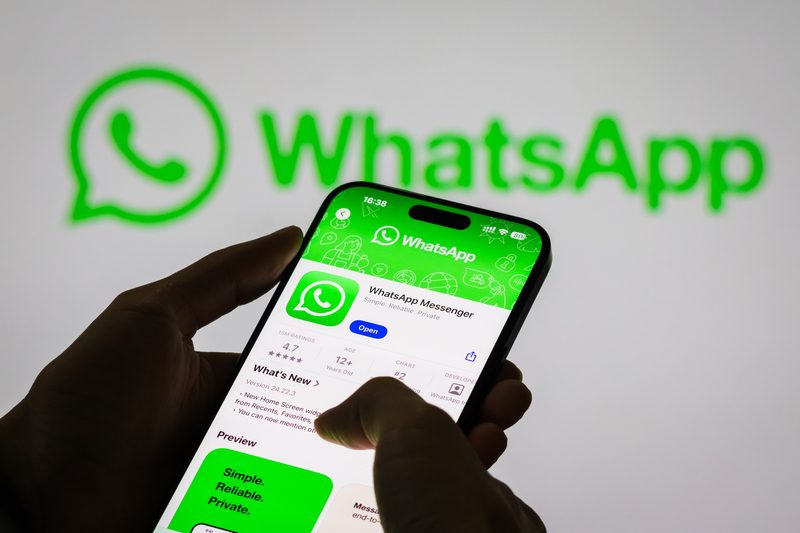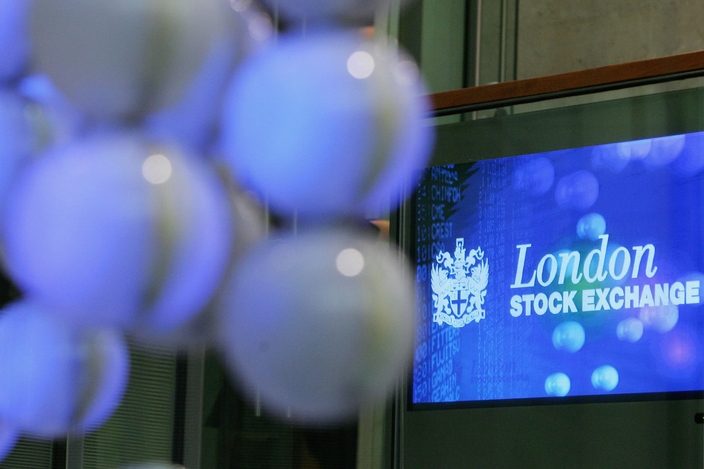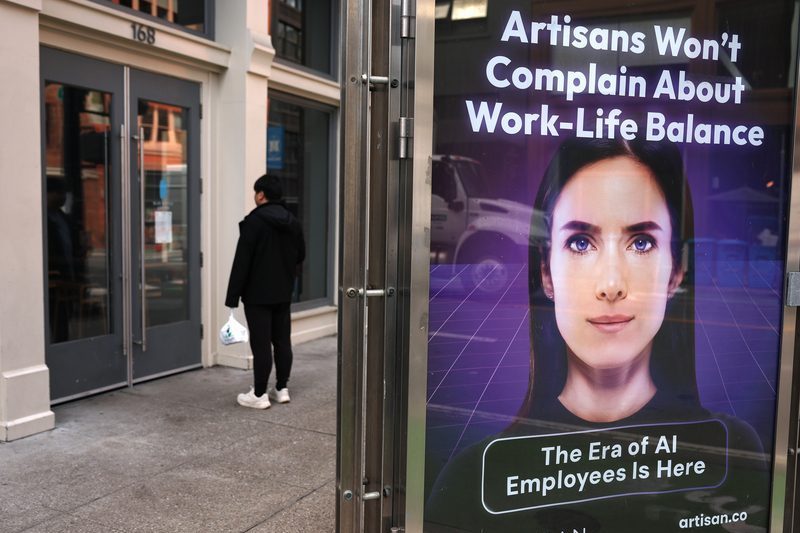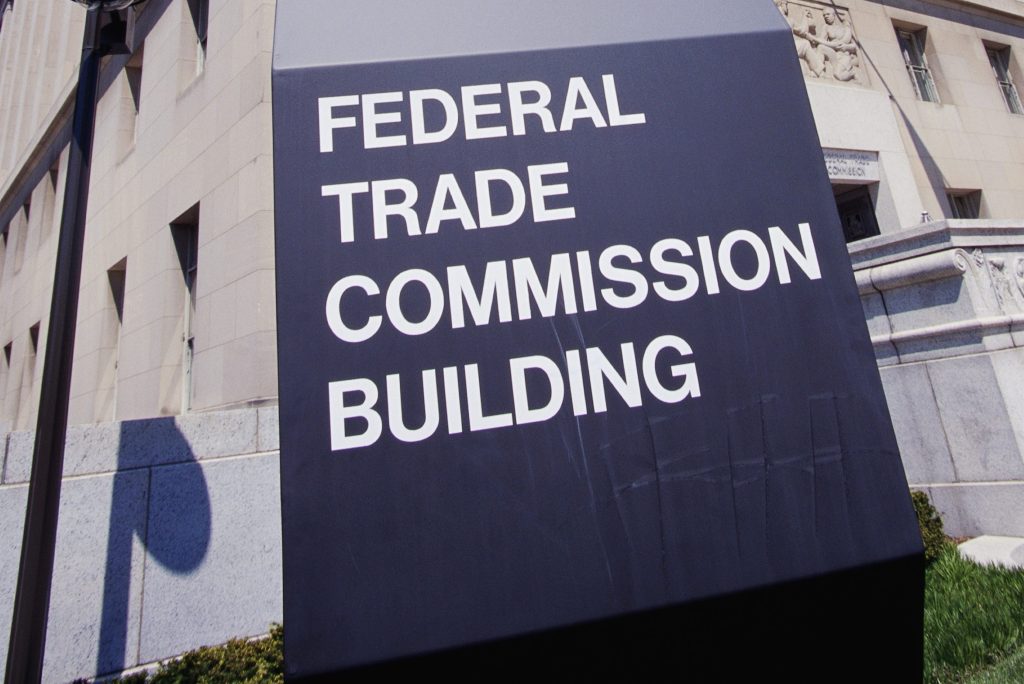The Federal Trade Commission (FTC) announced that it will hold a virtual informal hearing on January 16, 2024, on the proposed amendments to the Negative Option Rule.
During the hearing, which will be open to the public and viewable on the FTC’s website, six nongovernmental organizations will provide oral statements addressing issues that have been raised during the rulemaking process.
Those six entities that asked to present their positions at an informal hearing were among the more than 1,100 commenters to the rule proposal and they are, as follows: The International Franchise Association, TechFreedom, the Performance Driven Marketing Institute, NCTA – The Internet & Television Association, FrontDoor, and the Interactive Advertising Bureau.
Click-to-cancel rule proposed
On March 23, 2023, the FTC proposed a new rule called the Negative Option Rule, which made several significant updates to its requirements regarding subscriptions and recurring payments, including a “click-to-cancel” provision requiring sellers to make it as easy for consumers to cancel their enrollment as it was to sign up.
The new click-to-cancel provision was designed to save consumers from seemingly never-ending struggles to cancel unwanted subscription payment plans for everything from cosmetics to newspapers to gym memberships.
The rule proposal is part of the FTC’s ongoing review of its 1973 Negative Option Rule, which the agency uses to combat unfair or deceptive practices related to subscriptions, memberships, and other recurring-payment programs.
Author’s note
The FTC has a great business blog site. And one particularly helpful blog post explains why this rule is called the Negative Option Rule. “Prenotification plans, continuity programs, automatic renewals, free-to-pay conversions. They’re all variations on the negative option theme. Under the right circumstances, those marketing methods can be convenient for consumers. But as decades of FTC law enforcement makes clear, when negative options are tainted with untruths, half-truths, and hidden strings, the impact on consumers can be, well, negative.”
Author’s Note
The FTC has a great business blog site. And one particularly helpful blog post explains why this rule is called the Negative Option Rule. “Prenotification plans, continuity programs, automatic renewals, free-to-pay conversions. They’re all variations on the negative option theme. Under the right circumstances, those marketing methods can be convenient for consumers. But as decades of FTC law enforcement makes clear, when negative options are tainted with untruths, half-truths, and hidden strings, the impact on consumers can be, well, negative.”
NLRB backs union in Amazon organizing case
Last Friday, National Labor Relations Board (NLRB) Administrative Law Judge Lauren Esposito issued a decision finding that Amazon.com Services LLC violated the National Labor Relations Act by dismissing employees early, altering employees’ work assignments, and subjecting employees to closer supervision in retaliation for the employees’ support for the Amazon Labor Union or for engaging in protected concerted activities.
The decision also found Amazon unlawfully interrogated employees, disparaged the union by using appeals to racial prejudice and derogatory racial stereotyping, prohibited employees from distributing union literature and confiscated union literature from employees.
Judge Esposito ordered Amazon to cease and desist from further unlawful activity and to make the adversely affected workers whole for any loss of earnings and other benefits, including any other direct or foreseeable pecuniary harms and any adverse tax consequences. Amazon must also post copies of a Notice to Employees about their rights under the ruling for 60 days at its facilities on Staten Island, NY, and distribute that notice electronically.
A bitcoin burst
Bitcoin extended its yearlong rally this week, pushing past $42,000 for the first time in 20 months on Monday.
The price of bitcoin BTCUSD was at $41,409.53 early Monday, but touched a session high of $42,140.09, according to CoinDesk data.
The cryptocurrency is up more than 13% over the past month and up more than 130% in the year to date. Anticipation is growing that US regulators will approve a bitcoin exchange-traded fund soon; the SEC is expected to make its decision by January 10.
The agency has rejected spot bitcoin ETF applications in the past, but experts predict a different outcome this time, thanks to regulators seeking a more centralized marketplace – one in which the big exchanges operate under the watchful eye of the US government.
Increasing expectations that the Federal Reserve will cut interest rates next year has helped too, as lower rates tend to benefit riskier bets like bitcoin and tech stocks.
Short sales linked to Hamas attack
Israeli authorities are investigating claims by two US university researchers that some investors may have known in advance of a Hamas plan to attack Israel on October 7 and used that information to profit from Israeli securities.
Research by law professors Robert Jackson Jr from New York University and Joshua Mitts of Columbia University found significant short-selling of shares leading up to the attacks, which triggered a war that is now about two months old.
“Our findings suggest that traders informed about the coming attacks profited from these tragic events,” wrote Jackson Jr and Mitts. The researchers said they are unable to link particular market participants to the pre-attack developments they see in the securities market, however.













